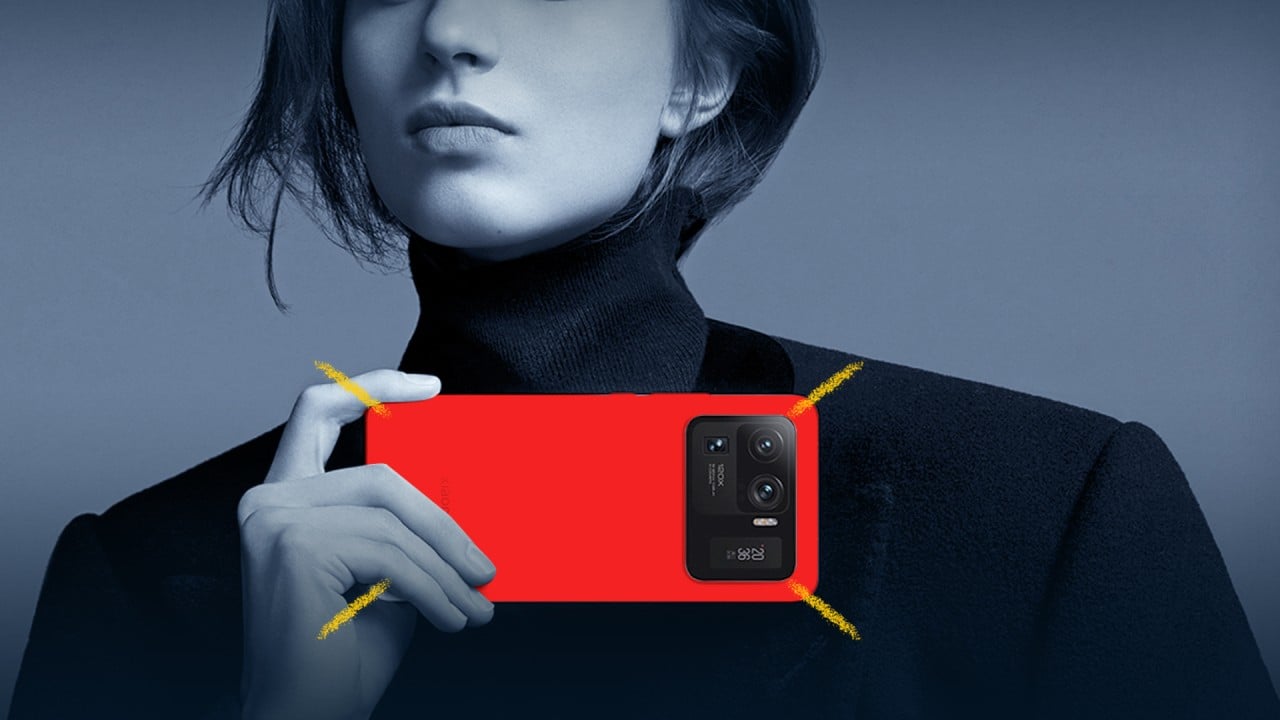“This licensing agreement once again reflects the industry’s recognition of Huawei’s contributions to communications standards and will help us enhance our investment in researching future mobile communications technologies,” said Alan Fan, head of Huawei’s intellectual property department, in a joint statement released on Wednesday.
The new patent cross-licensing agreement between Huawei and Xiaomi “shows that both parties recognise and respect each other’s intellectual property”, Xu Ran, general manager of corporate business development and IP strategy at Xiaomi, said in the joint statement.
Advertisement
Xiaomi reasserts goal to challenge Apple’s iPhone at launch of new products
Xiaomi reasserts goal to challenge Apple’s iPhone at launch of new products
“Aiming for the high-end [of the smartphone market] forces us to seek breakthroughs in technology, while ensuring our future development and survival,” Lei said at Xiaomi’s product launch event last month.
He also pledged to invest in a range of areas, including hardware, software, tech infrastructure and artificial intelligence as part of Xiaomi’s “strategic technology upgrade” programme, which involves 100 billion yuan (US$13.7 billion) on research and innovation projects in the next five years.
Advertisement
That recruitment effort has sparked speculation that Xiaomi was pushing the development of its own smartphone SoC. Xiaomi did not immediately reply to a request for comment on Thursday.
Huawei teases new products but still tight-lipped over mystery chip
Huawei teases new products but still tight-lipped over mystery chip
Advertisement
The company held more than 120,000 valid licensed patents as of 2022, more than 90 per cent of which are for inventions, making it the largest patent holder in China, according to information on its website. It generated US$560 million in royalty revenue last year from its various patents.
Such deals that help push forward innovation in the industry would ultimately benefit consumers. Chinese consumers, for example, increasingly prefer state-of-the-art smartphone models, according to Amber Liu, an analyst at market research firm Canalys. Liu said “vendors benefiting from consumer product upgrades are motivated to invest in more product innovations to stay ahead of the technology curve”.
Advertisement



